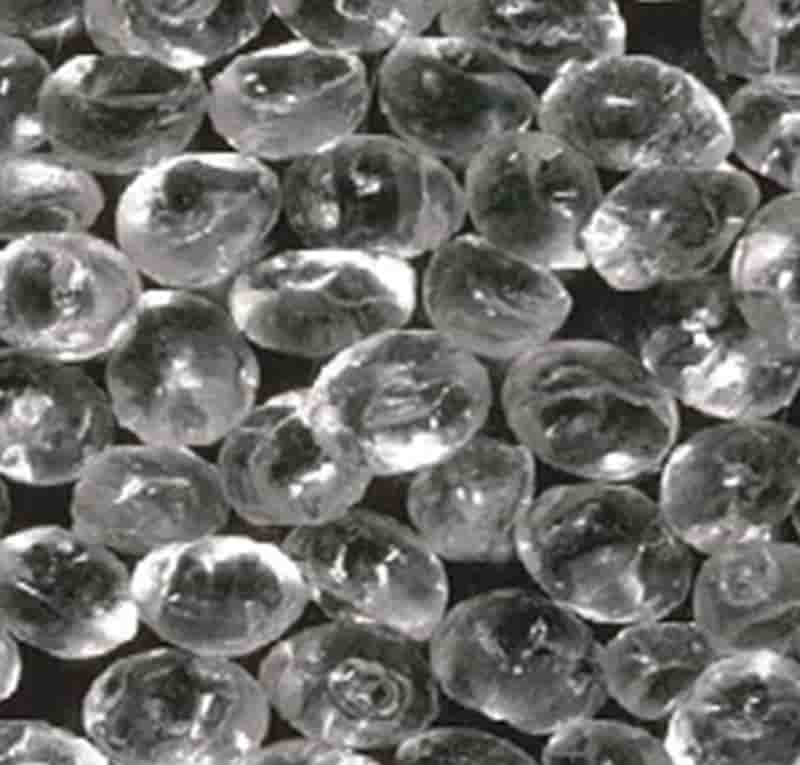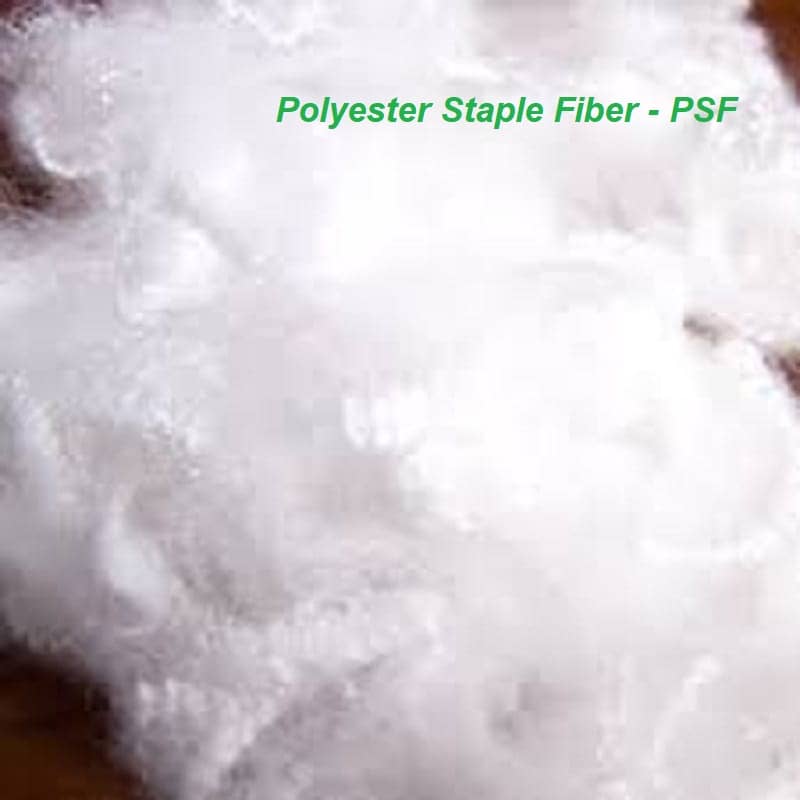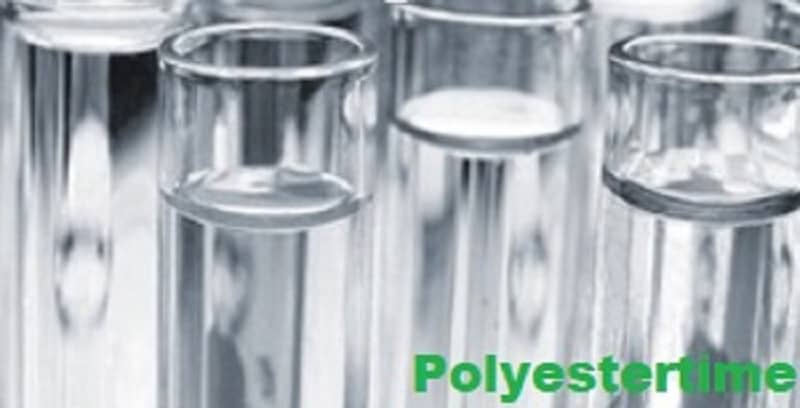Bio-polyester – Ambercycle and Hyosung TNC Join Forces to Scale Decarbonized, Circular Polyester 29-06-2024
Bio-polyester
New study finds hydrolysis prevents formation of PLA microplastics
The polylactide biopolymer is used to make a wide range of products such as cups, cutlery, bin liners or flexible food packaging.
According to a new meta-study report commissioned by Holland Bioplastics on the hydrolysis process and polylactic acid (PLA), the biobased polymer does not produce persistent microplastics. Bio-polyester
PLA is a biopolymer made entirely from fermented plant sugars and widely used in packaging products.
Hydrolysis is an abiotic [not associated with or derived from living organisms] process that occurs in the presence of moisture or humidity. Bio-polyester
Unlike non-biodegradable polymers such as HDPE (high-density polyethylene), which persist and permanently accumulate as nano or microplastics in the environment, PLA was shown to hydrolyse into molecules of ever-smaller size, becoming soluble in water and eventually biodegrading fully.

Impact of one unexpected incident in PSF market
Recently, there have been widespread rumors in the PSF market about one trader (who faced forced liquidation on futures market and could not conduct the business normally). Setting aside the reasons behind the incident itself, let’s examine the impact of this incident on the current PSF market. Bio-polyester
It is understood that currently, 60-70% of the PSF traders have direct or indirect business dealings with this trader. Those directly involved in trade relationships are more significantly affected, while the impact on indirect persons is relatively smaller.
Impact 1: Disappearance of low-priced sources, boosting market sentiment
Previously, this trader had been consistently selling PSF at extremely low prices in the market. After this incident, the low-priced sources in the market will disappear in the short term, contributing to boosting market sentiment. The competition pressure among traders will also decrease, leading to a healthier market environment. Bio-polyester
Impact 2: Physical inventory reduces, strengthening the basis
Due to recent concentrated liquidation by traders, some factories have experienced a rapid decline in physical inventory, leading to a tight market supply situation and strengthening the basis.

Bericap opens new production facilities in Africa, South America and South East Asia
- Kenya: Bericap has opened a new 3,500 m² facility in Nairobi, allowing localized production for the lubricant industry and food/beverage manufacturers. The Nairobi plant also exports closures to ten other African countries.
- South Africa: Bericap acquired a closure business division from Nampak, establishing operations in Durban. Bio-polyester
- Bericap South Africa (PTY) LTD now markets the company’s entire closure portfolio in South Africa and neighboring countries.
- Peru: Bericap’s fourth production site in Latin America, the Lima facility, serves around 60 million consumers and supports major companies in the region.
- Vietnam: Bericap set up a production site in Ho Chi Minh City, focusing on tamper-evident closure solutions for beverages, dairy products, food, and chemicals. The plant has passed all mandatory external audits and aims to meet market demand in Vietnam.
This strategic expansion positions Bericap closer to its customers, enhancing project support, logistics, and services.

Duy Tan innovates packaging for sustainable production
By reducing plastic and incorporating recycled plastics in packaging products forvarious customers, Duy Tan is actively contributing to the implementation of ESG objectives:producing green products, promoting sustainable consumption, and driving a circular economy. Bio-polyester
Trend of sustainable production and consumption
Plastic and plastic products are currently useful and convenient items in daily life. However, the production and consumption of plastic globally are not sustainable or reasonable, leading to global pollution.
Currently, developing a circular economy model focused on the responsible use of natural resources and effective management of plastic waste is a matter of concern for many businesses pursuing long-term sustainable development strategies. Bio-polyester
In particular, sustainable production will promote the economical and efficient exploitation of resources, reducing waste released into the environment. On the other hand, consumer demand for sustainable and environmentally friendly products is increasing. Therefore, companies that adopt green practices can gain a competitive advantage. This also helps raise public and social awareness about sustainable plastic use and consumption, contributing to environmental and community protection. Bio-polyester

Ambercycle and Hyosung TNC Join Forces to Scale Decarbonized, Circular Polyester
Hyosung TNC, one of the world’s leading sustainable textile solutions providers, has partnered with Ambercycle, a leading material science company, to become the first manufacturer in South Korea to introduce a textile-to-textile, circular polyester into supply chains.
The collaboration advances the partners’ shared vision of a circular textile ecosystem that repurposes end-of-life products into high-performing fibers for brands looking to curb their environmental impact. Bio-polyester
The partnership will tap Hyosung’s 58 years of advanced fiber manufacturing capabilities and nearly two decades of experience producing high-quality, sustainable textiles to support the integration of Ambercycle’s circular polyester material, cycora®, into brand supply chains.
“Our collaboration with Ambercycle is another important step we are taking to help our customers meet their sustainability goals and scale solutions that both present and future generations can enjoy,” said Chi Hyung Kim, CEO, Hyosung TNC. “We’re impressed with cycora® for its quality but also for its potential to divert tons of textile waste from landfills and incinerators and reduce the extraction of raw materials used in the production of virgin polyester.” Bio-polyester

EO/EG spread narrows, rate adjustments show regional differences
At the beginning of June, ethylene oxide (EO) prices further declined to around 6,700yuan/mt. The downstream demand for water reducers continues to weaken as it enters the off-season. Meanwhile, MEG prices remain firm, narrowing the EO-MEG price spread to 1,000-1,100yuan/mt. Some producers are adjusting their product mix, though regional differences are evident. Bio-polyester
Since the end of May, Zhongke and FREP have resumed production and stabilized operations, leading to a significant increase in EO production in South China. However, downstream demand remains weak, with recent EO prices hovering around 6,650-6,700yuan/mt. The sluggish EO market has prompted adjustments at Gulei and Sinochem Quanzhou, increasing daily MEG output by approximately 250-300 tons. Overall, the MEG operating rate in South China (including Fujian) has risen to around 85%.
In this region, co-production units include Sinopec-SK Wuhan and PetroChina Sichuan Petrochemical, with a combined MEG capacity of 640kt/year. Both units previously operated at low rates, primarily producing EO. Bio-polyester
Currently, Sinopec-SK Wuhan is making minor adjustments to balance downstream EO demand, maintaining low overall rate levels. Sichuan Petrochemical has gradually increased its rate since mid-May, with MEG operating rates now around 70%, up from a previous low of 30%.

Bio-polyester
